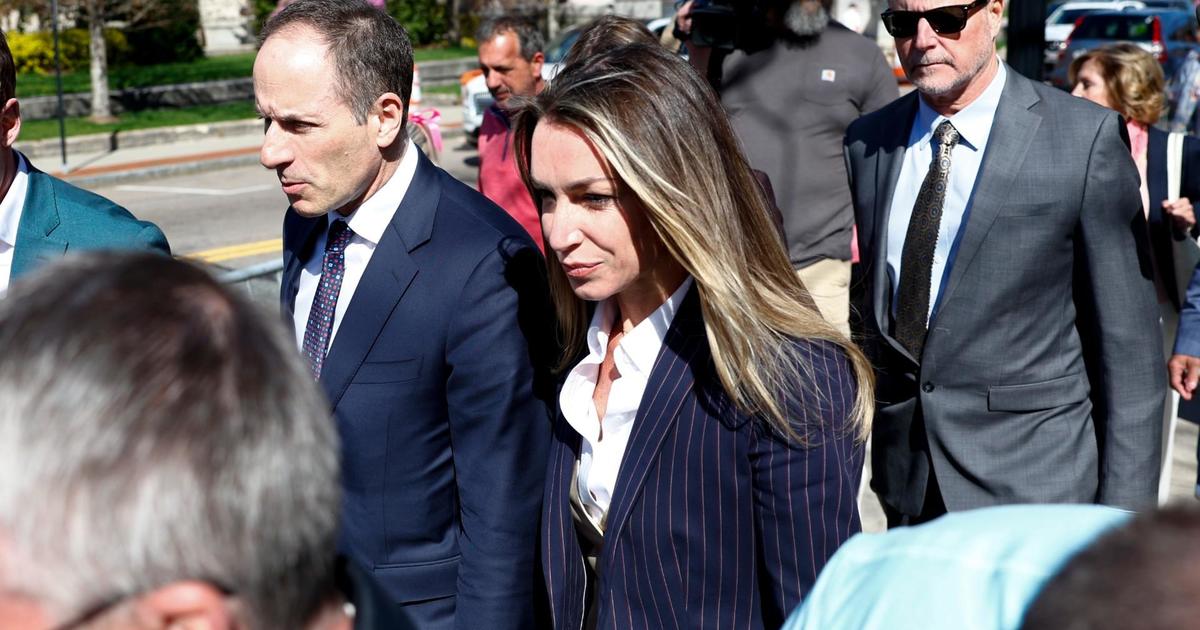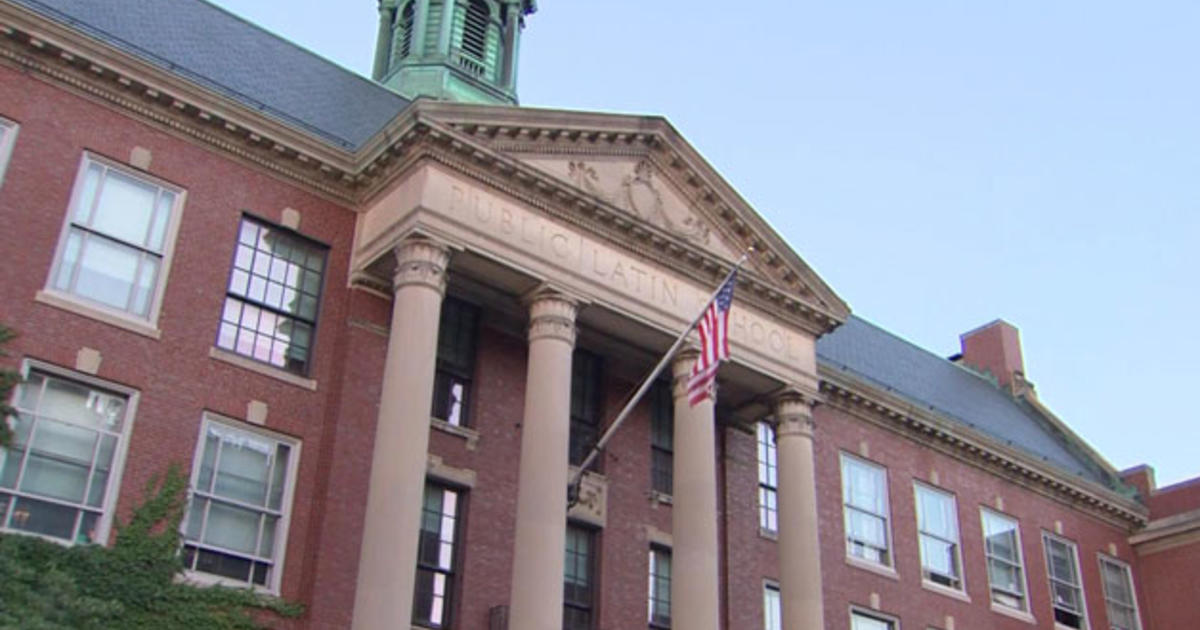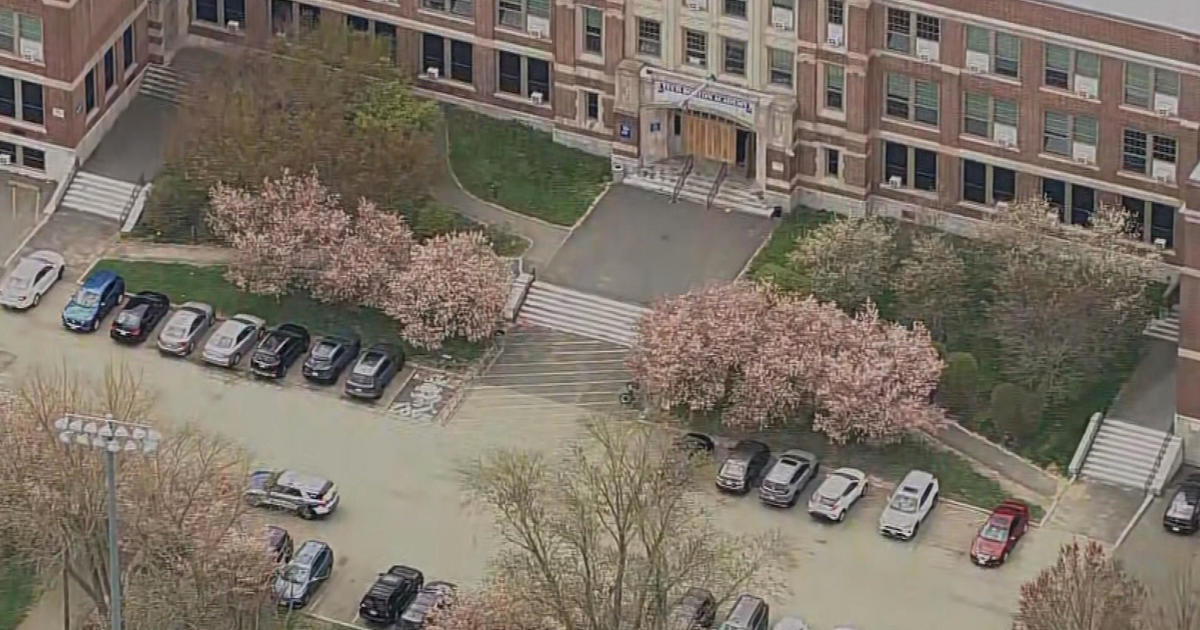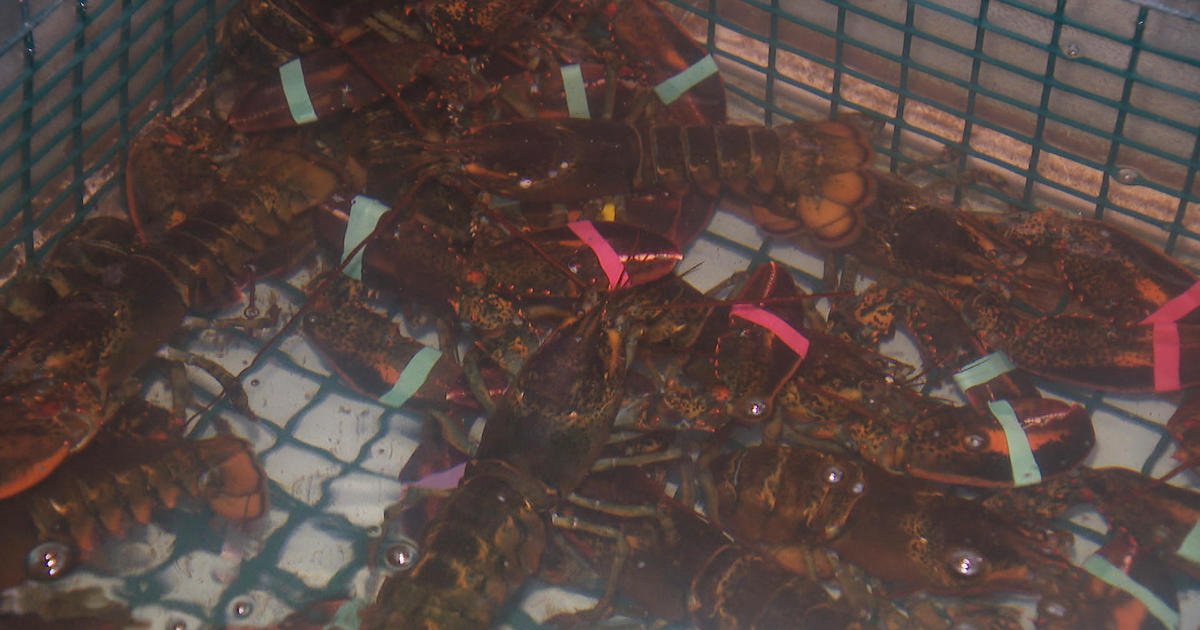Woburn High School Offers More Classes To Teach Critical Thinking, 'Soft Skills'
WOBURN (CBS) -- In a world where we're bombarded with massive amounts of information, it is important to know that we can tell the difference between what is real and false information. But a recent study by a local education company is discouraging. A significant number of college-educated people could not tell that difference. It's a problem – so, what can schools do to change that trend?
Sam Gerry is a Senior at Woburn High School who is taking a Forensics class: gathering detailed, technical information and accounting for a chain of custody. It's one of sixty new classes added to the curriculum in the last four years.
"I think critical thinking should be integrated into every course in every high school," says Jeff Flanders, the CEO of Waltham-based Mind Edge, an education and technology company. He believes classes like Sam's will become more important in the years to come. He says a recent digital literacy test of 1,000 college-educated Americans revealed unsettling results.
"I think the fact that so many people are unable to distinguish between advertising and news is disturbing," Flanders said. "They don't pay attention to the source of material, they just immediately assume that it's bona fide when it's on social media."
In fact, Flanders said 69 percent of those surveyed failed when answering questions about real and fake news stories. Of that number, 74 percent of millennials failed, and 58 percent of baby boomers failed as well.
Flanders was shocked. This is the third year for the survey by Mind Edge, and results have grown worse.
"We anticipated some improvement in the numbers and the fact that they actually deteriorated from year to year - with all the attention to fake news - was a bit of a surprise."
Jeff added that high schools need to teach courses like Forensics that will help students learn critical thinking skills – by going over the scientific method, learning about evidence and proof before they come to a conclusion – and that will ultimately help them in the workplace.
"Here at Woburn High, many of the things that we've talked about are being put in to practice, right?" Flanders pointed out, "So we saw the forensics class, they do a lot of media learning here. These are the kinds of courses that are going to have to be integrated into to every high school in America."
Which leads to another crucial piece of the puzzle – soft skills.
"We constantly hear from employers who tell us that they get technically skilled employees, but who don't relate well to others, can't manage well, and that's a problem."
So learning to work on teams – as Sam also does in his yearbook class – will also become essential.
"Focusing on those soft skills focusing on emotional intelligence is really crucial for the future," Jeff added.
"I definitely hear a lot of good feedback from students about these new classes coming in - how they feel like they're going to help them in the future," Sam said.
Woburn High Principal Jessica Callanan, a West Point graduate and former Army officer, said schools must meet this challenge.
"I think it's what educators are thinking about the most these days," Callanan said, "is how we best prepare students for different opportunities that we may not know exist yet after high school."
One last interesting note from the real vs. fake information study showed a real generational divide: millennials were more likely to believe a story if it went viral, but boomers were less likely to believe it.



